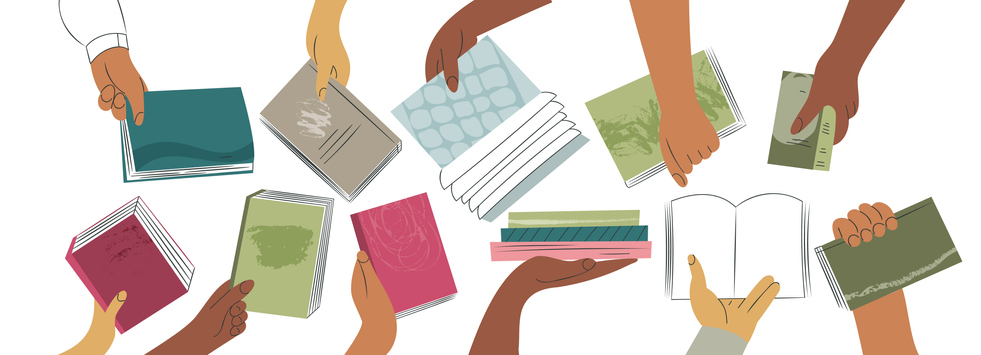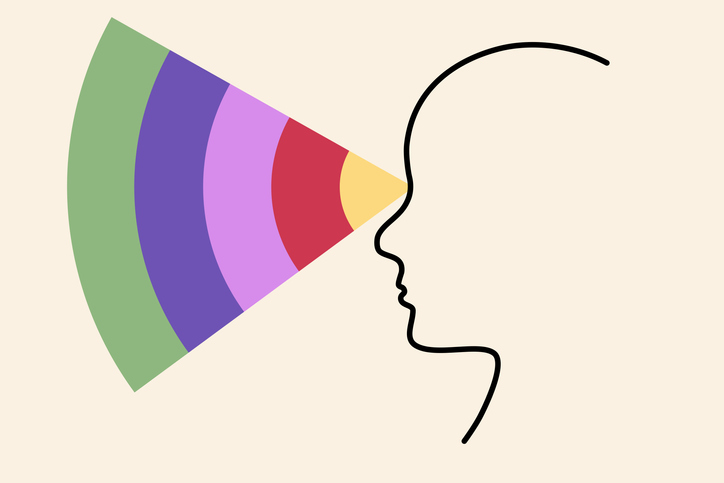This #Take5 is brought to you from Bethany Robertson and Angela Newton. Bethany and Angela are based at the University of Leeds as a Lecturer and Learning Advisor, respectively. A mission to embed academic literacies in the Sociology & Social Policy curriculum brought them together and led them to consider what successful ‘embedding’ looks like and their role in making it happen. This is their story.
From periphery to priority
The academic literacy sessions are designed for first year undergraduate students to aid the transition to undergraduate study (Chanock, 2007), to address inequities in learning expectations (Hubbard et al, 2020) and to facilitate self-reflection on their study habits (Hill and Tinker, 2013). Sessions are timetabled within a core module to avoid an ‘add-on’ approach (Hill et al, 2010) and contribute to contact time within the degree programme. In this way the support does not rely on student’s self-selection for support and/or generic advice separated from disciplinary conventions (Wingate, 2007).
In consultation with the Directors of Student Education (DSEs), we designed and delivered six interactive workshops with a focus on independent reading, constructing arguments and critical writing. They were made relevant to the subject by exploring these areas in the context of developing students’ sociological imaginations and encountering specific literature such as research papers and policy documents.

Personal passions
In taking a holistic approach to encouraging students to reflect, brought to the fore our own commitment to reflexive practice. We realised an alignment with our professional trajectories, an enthusiasm for the importance of academic literacies and were encouraged by current management colleagues to pursue this. For example, at previous institutions, Bethany has contributed to study skills sessions for prospective widening participation students and led a co-curricular programme for postgraduate researcher’s professional development. Angela has a background in academic librarianship and now works in the field of Learning Development.
This collaboration led to the question of how to create a programme of sessions within the curriculum that does not rely on individual interest, that could be taken forward by alternative colleagues and that can be expected when marketing the course to future cohorts of students?
Challenging collaborations

As Chanock et al (2012) argue, collaboration between skills advisors and academics is shaped by the will of workloads which are changeable and often tight. This can lead to indifference by academic staff who do not have capacity to prioritise this work (Strauss, 2013). McWilliams and Allan (2014, p.3) reiterate this tendency; “learning development is seen as a “quick fix” student service, rather than as a more pedagogically grounded approach which focusses on developing academic literacies.” However, we argue that academic literacies are core to student success, given the scope for improvements outlined in assessment feedback which can lead to literacy getting in the way of understanding the subject matter.
Looking forward

Whilst our approach to embedding is neither novel nor unique, the context in which it has taken place has given extra weight to the initiative. The University of Leeds’ commitment to ‘Curriculum Redefined,’ an educational strategy to innovate teaching and learning, is a catalyst for getting others on board with the vision for embedding and surfacing skills within the curriculum. Furthermore, the School in which we work welcomes new DSEs at the end of 2023, and there will be an opportunity to share a blueprint for our approach and seek an ongoing commitment to embed academic literacies in the undergraduate curriculum in the first year and beyond.
We would like to develop relationships with module conveners to learn about the current and future teaching, learning and assessment methods used across degree programmes to align academic literacy provision with skills needs. For example, a move away from essay writing in the wake of Chat GPT and other AI services may call for a reimagining of academic literacies. To answer the question of what successful embedding looks like, most importantly, student evaluations can help assess the impact of the student experience, ensuring student-centred learning keeps up with an ever-changing course, subject and student body.
In our experience, close collaboration has brought about meaningful and effective learning in our students, which would not have been possible without this approach. Designing and delivering teaching in partnership has the potential to create rich and authentic learning experiences for students, which give rise to deep engagement with the discipline – a great starting point for undergraduates of all backgrounds.
References
Chanock, K. (2007). What academic language and learning advisers bring to the scholarship of teaching and learning: Problems and possibilities for dialogue with the disciplines. Higher Education Research and Development, 26 (3), pp. 269-280.
Chanock, K., Horton, C., Reedman, M. & Stephenson, B. (2012). Collaborating to embed academic literacies and personal support in first year discipline subjects. Journal of University Teaching and Learning Practice, 9 (3), pp. 1-13.
Hill, P. and Tinker, A. (2013). Integrating learning development into the student experience. Journal of Learning Development in Higher Education, 5.
Hill, P., Tinker, A. and Catterall, S. (2010). From deficiency to development: the evolution of academic skills provision at one UK university. Journal of Learning Development in Higher Education, 2.
Hubbard, K., Gawthorpe, P. Fallin, L. and Henri, D. (2020). Addressing the hidden curriculum during transition to HE: The importance of empathy. In: T. Hinchcliffe (Eds.) The Hidden Curriculum of Higher Education. Available from: https://www.advance-he.ac.uk/knowledge-hub/hidden-curriculum-higher-education.
McWilliams, R. & Allan, Q. (2014). Embedding Academic Literacy Skills: Towards a Best Practice Model. Journal of University Teaching & Learning Practice, 11(3), pp.1-16.
Strauss, P. (2013). ” I don’t think we’re seen as a nuisance”-The Positioning of Postgraduate Learning Advisors in New Zealand Universities. TEXT Journal of Writing and Writing Courses.
Wingate, U. (2007). A framework for transition: supporting “Learning to Learn” in higher education, Higher Education Quarterly, 61 (3), pp. 391-405.
Biographies:
Bethany Robertson is a Lecturer in Sociology and Social Policy whose research focuses on identities and inequalities within rural communities. Her interests in student education include academic literacies, the hidden curriculum and inclusive pedagogies.
Angela Newton is a Learning Advisor with Skills@Library. Having worked in academic libraries for over 23 years, Angela has strong interests in student education, object based learning and academic literacies. She also writes her own Mid-Career Blog, where she reflects on her working experiences.
